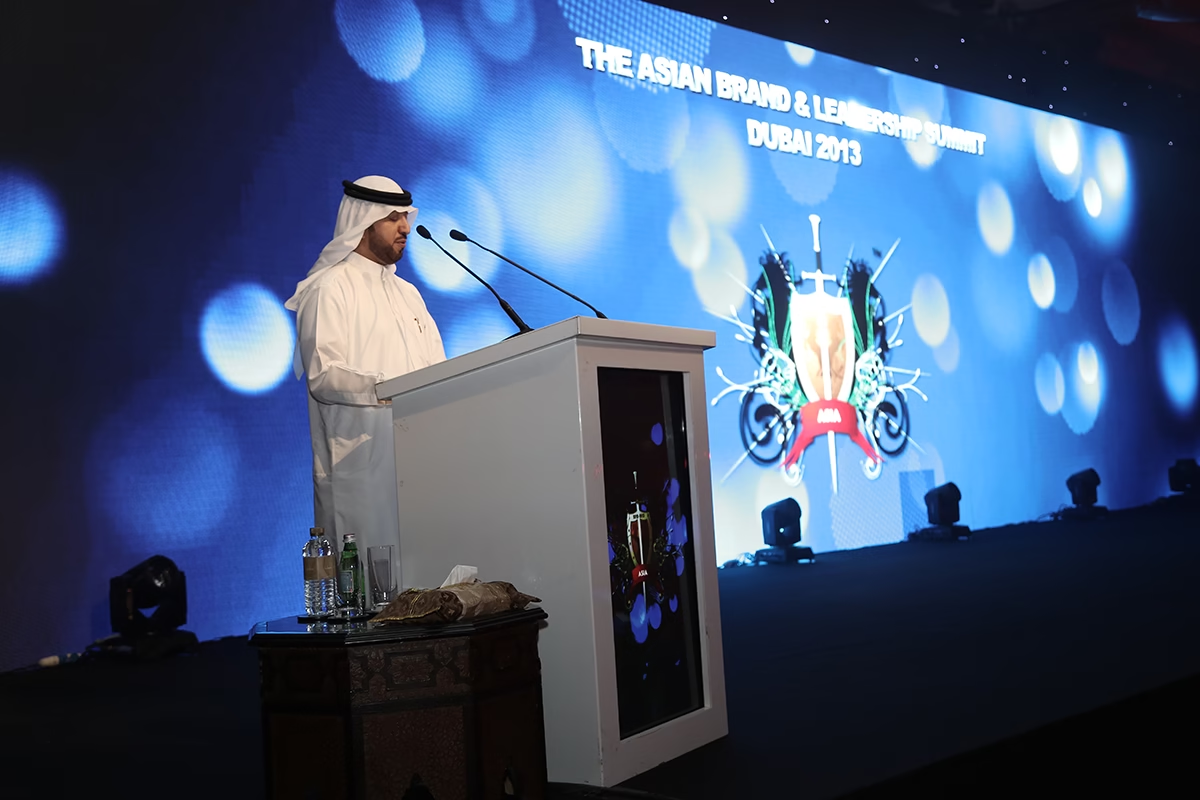Affiliated to the Glasgow Caledonian University (GCU), UK, Caledonian College of Engineering (CCE) in Oman has produced over 2,500 graduates and around 1,500 diploma holders over the past 17 years.
At the under-graduate level, the college offers bachelors of engineering (B.Eng.) honours degree in various specialisations like civil engineering, computer engineering, computer-aided mechanical engineering, electrical power engineering, mechatronics, process operations and maintenance, telecommunication engineering and, electronics and instrumentation engineering. It also offers bachelors of science (B.Sc.) honours degree in various specialisations like construction engineering, measurement and cost engineering, and chemical engineering.
At the post-graduate level, CCE offers masters in science degree in two specialisations – maintenance management and process engineering. Apart from these, there are other programmes like foundation studies – a preparatory programme for engineering, CISCO certified network associates (CCNA) programme, University of Cambridge DELTA course and University of Cambridge CELTA course.
The institute’s admission process is fairly simple. Initially, the candidates need to pass either the college placement test or the college engineering entrance examination. If the candidate has an International Computer Driving Licence (ICDL) certificate or an Internet and Computing Core Certification (IC3), they will be exempt from the IT skills component of the test.
In order to receive exemption from English language component of the test, the candidates must have, either, a 5.0 score in IELTS, a 500 score in computer based TOEFL or a 59 score in Internet based TOEFL.
Working in collaboration with Vellore Institute of Technology University, India, CCE, at present, has around 3,000 students and more than 300 academic and non-academic staff members. All the programmes offered at the college conform to the Oman Qualification Framework. They also meet the international standards prescribed by agencies like Quality Assurance Agency, UK and the All India Council for Technical Education (AICTE). A review of all the programmes is done periodically by independent auditors like government council, academic council, external assessors, assessment boards etc.
